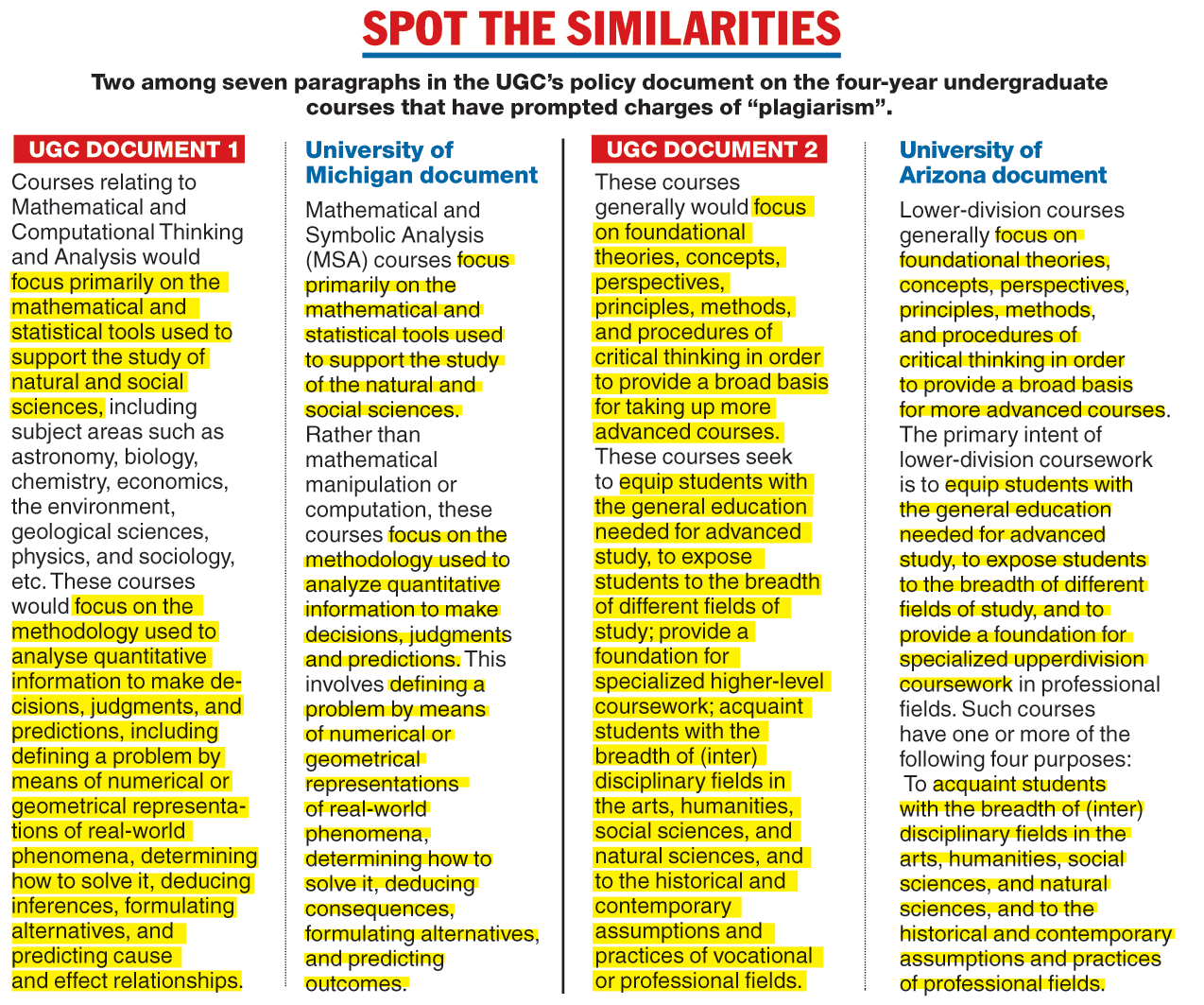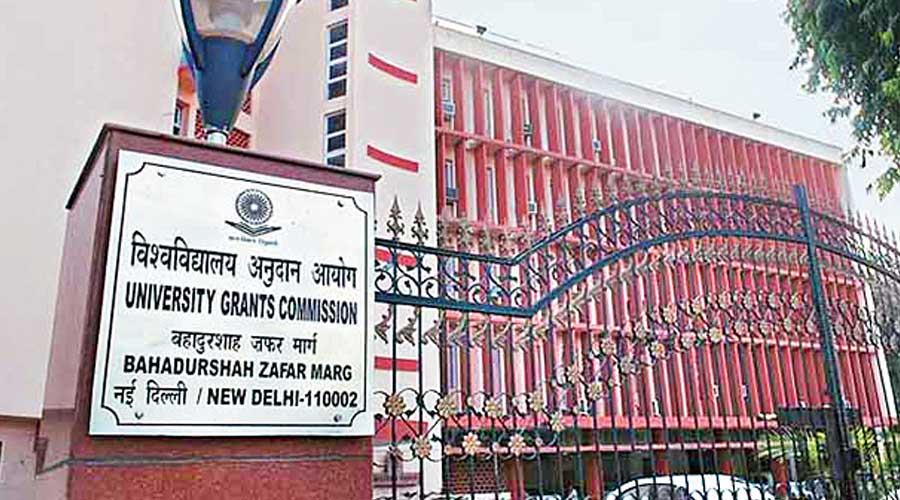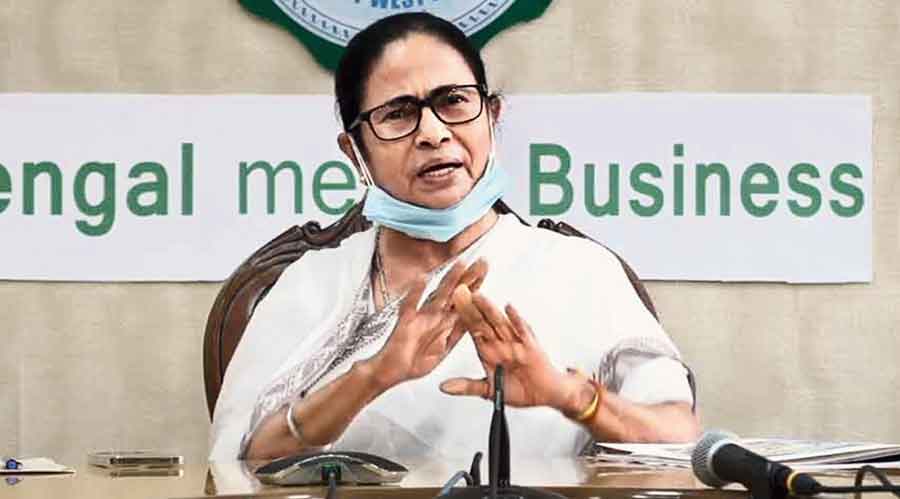The University Grants Commission’s proposed four-year undergraduate programme, buffeted by accusations of diluting academic standards, has now earned ridicule with a teachers’ body flagging “plagiarised” text in the draft policy document.
The Left-leaning Democratic Teachers Front’s (DTF) revelation of what it termed “mindless cut-paste” has led to allegations that the higher education regulator did not apply its mind while evolving the policy, lambasted by many academics as anti-specialisation and anti-poor.
The DTF in an April 4 letter to the UGC cited seven paragraphs — each relating to a separate academic discipline — that it said showed striking similarities with material on the websites of two American universities: the University of Michigan and the University of Arizona.

Turnitin, a globally recognised plagiarism detection software, had shown these similarities to be “more than 60 per cent”, DTF member Abha Dev Habib told The Telegraph.
According to UGC regulations, 40 per cent plagiarism by a research scholar can cost his or her teacher-guide an annual increment and two years’ power to supervise PhD or MPhil students. Over 60 per cent plagiarism brings a loss of two annual increments and three year’s supervisory powers.
Some academics said that policy documents should not be held to the same standards of originality in wording and content as scholarly articles. But they too said that lifting text from other sources can raise questions about an education authority’s integrity and undermine its credibility while explaining or defending its ideas.
The document under the scanner is the UGC’s Draft Framework and Credit System for Four-Year Under Graduate Programme, which the regulator uploaded in March seeking feedback by April 4.
Critics of the document had already been saying that the four-year duration would hurt the poor who can afford neither an extra year’s fees nor an extra year’s time before they begin seeking a job.
They had also slammed the idea of students across streams being taught the same “common” subjects for the first three semesters – which largely repeated the school syllabus and forced a reduction in the time and credits allotted to their specialised, major subjects.
Now, with the “plagiarism” row blowing up in the UGC’s face, the critics have been suggesting that the alleged shortcomings of the curriculum stemmed from an unthinking import of the American system into India.
They have argued that the school curriculum is heavier in India compared to the US, and Indian undergraduate students therefore do not need the common courses at the beginning or an extra (fourth) year at the end.
Habib, an associate professor at Miranda House College, affiliated to Delhi University, said that by directly lifting material from American universities with minor modifications, the UGC had borrowed American ideas that do not fit the Indian situation.
“These ideas of common courses for three semesters or making students learn languages as part of the common courses — one regional language and English — while reducing the credits for honours courses do not fit the requirements of Indian students,” she said.
Habib said the plagiarised material continued on the UGC website.
“The (UGC) document did not mention the names of the experts (who drew it up). The UGC seems to be hesitant to take any action on this issue,” she said.
“This will weaken the UGC’s moral authority to advise universities on checking academic misconduct.”
N. Raghuram, biotechnology professor at the Guru Gobind Singh Indraprastha University here and former vice-president of the Society of Scientific Values, an independent body that promotes ethics in science, said policy documents may not require the same “rigours of originality” as scholarly articles.
“But still, it (originality in documents) is highly desirable. If the policy is not original, it does not justify convincingly how to achieve what it intends to,” Raghuram said.
An email sent to UGC chairman M. Jagadesh Kumar on April 4 seeking his reactions to the charge of plagiarism and general criticism of the policy has brought no response.











